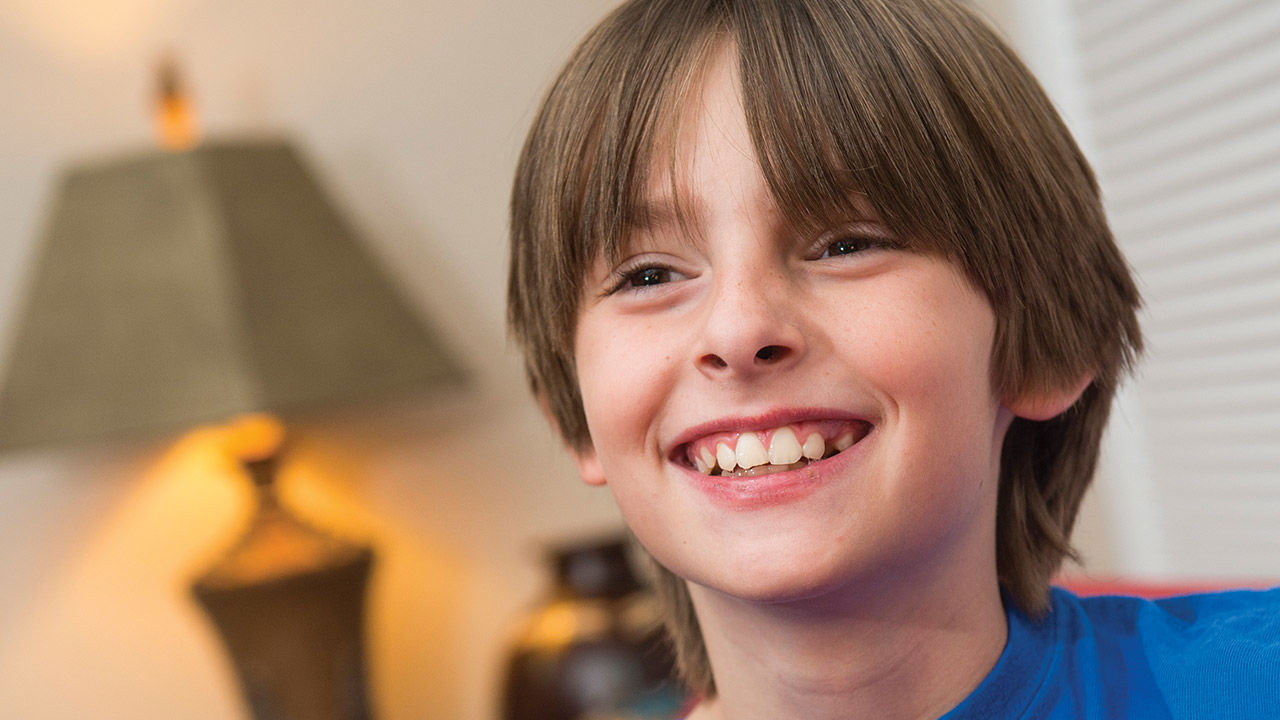- Doctors & Departments
-
Conditions & Advice
- Overview
- Conditions and Symptoms
- Symptom Checker
- Parent Resources
- The Connection Journey
- Calm A Crying Baby
- Sports Articles
- Dosage Tables
- Baby Guide
-
Your Visit
- Overview
- Prepare for Your Visit
- Your Overnight Stay
- Send a Cheer Card
- Family and Patient Resources
- Patient Cost Estimate
- Insurance and Financial Resources
- Online Bill Pay
- Medical Records
- Policies and Procedures
- We Ask Because We Care
Click to find the locations nearest youFind locations by region
See all locations -
Community
- Overview
- Addressing the Youth Mental Health Crisis
- Calendar of Events
- Child Health Advocacy
- Community Health
- Community Partners
- Corporate Relations
- Global Health
- Patient Advocacy
- Patient Stories
- Pediatric Affiliations
- Support Children’s Colorado
- Specialty Outreach Clinics
Your Support Matters
Upcoming Events
Mental Health Town Hall
Tuesday, April 23, 2024Join Children’s Hospital Colorado pediatric experts for a virtual...
-
Research & Innovation
- Overview
- Clinical Trials
- Q: Pediatric Health Advances
- Discoveries and Milestones
- Training and Internships
- Academic Affiliation
- Investigator Resources
- Funding Opportunities
- Center For Innovation
- Support Our Research
- Research Areas

It starts with a Q:
For the latest cutting-edge research, innovative collaborations and remarkable discoveries in child health, read stories from across all our areas of study in Q: Advances and Answers in Pediatric Health.


Cash: The New Possibility of Surviving a Brainstem Ganglioglioma

In October 2012, doctors found a tumor in then 5-year-old Cash McCandless’ brain. He was quickly referred to Children’s Hospital Colorado, where he underwent an intense 15-hour surgery to remove his ganglioglioma tumor.
Six months later, a metastatic tumor returned and was found to have a BRAF V600E mutation, which, until recently, was an untreatable form of cancer.
That was in spring 2013, when Nick Foreman, MD, Co-Director of the Neuro-Oncology Program at Children’s Colorado, had just published a new treatment for this type of pediatric ganglioglioma.
Dr. Foreman finds a new treatment for kids with type of brain cancer
In 2010, Dr. Foreman encountered a 16-year-old patient who had the BRAF V600E ganglioglioma of the brainstem. Conventional therapy had not worked for her — or for anyone with this kind of tumor. But Dr. Foreman knew that for adults who had metastatic melanomas caused by the same mutation, they’d seen successful treatment with vemurafenib, a BRAF enzyme inhibitor. Though it had never been studied before in children, or for a ganglioglioma, he wondered if it might work.
It did, and she became the first person with the BRAF V600E brainstem ganglioglioma to survive (she is now in college), thanks to the Morgan Adams Foundation Pediatric Brain Tumor Research Program.
Dr. Foreman and his colleagues published this single success in the Journal of Clinical Oncology in 2013, which opened the door to study the treatment in other children with a similar mutation.

"We will always look through both biology and experience for that therapy that will really benefit a child, even when all of the standard options are exhausted."Dr. Nick Foreman
Dr. Mulcahy-Levy builds on Dr. Foreman's success to help Cash
Jean Mulcahy-Levy, MD, one of Dr. Foreman’s fellow pediatric neuro-oncologists at Children’s Colorado, took Dr. Foreman’s successful experience in treating the brainstem ganglioglioma and began studying it in additional patients, including Cash, whose cancer returned just as she began her study. He was only 6 years old at that time, and would be the youngest patient treated with this new drug for this condition. Because Children’s Colorado was first to publish on this experience, Dr. Mulcahy-Levy felt confident treating Cash with what could be considered a risky new treatment.
“Mom was a go because it was his only true chance,” Dr. Foreman says. “If he hadn’t come here, he wouldn’t have had the option.”
Cash's treatment at Children's Colorado leaves him cancer-free
Cash had therapy with vemurafenib and vinblastine for one year. He finished therapy in May 2014 and remains cancer-free.
“I can’t tell you how blessed I am that Children’s Colorado is 15 minutes from my house,” says Cash’s mom, Shelly McCandless. “There’s something amazing about the fact that Drs. Foreman and Mulcahy-Levy were here and offered what we needed. And the fact that we liked them was even better.”
“If this had happened a year or two before, Dr. Mulcahy-Levy would have told us it was end of life,” Shelly continues. “Instead, we have this thriving young kid.”



 720-777-0123
720-777-0123



